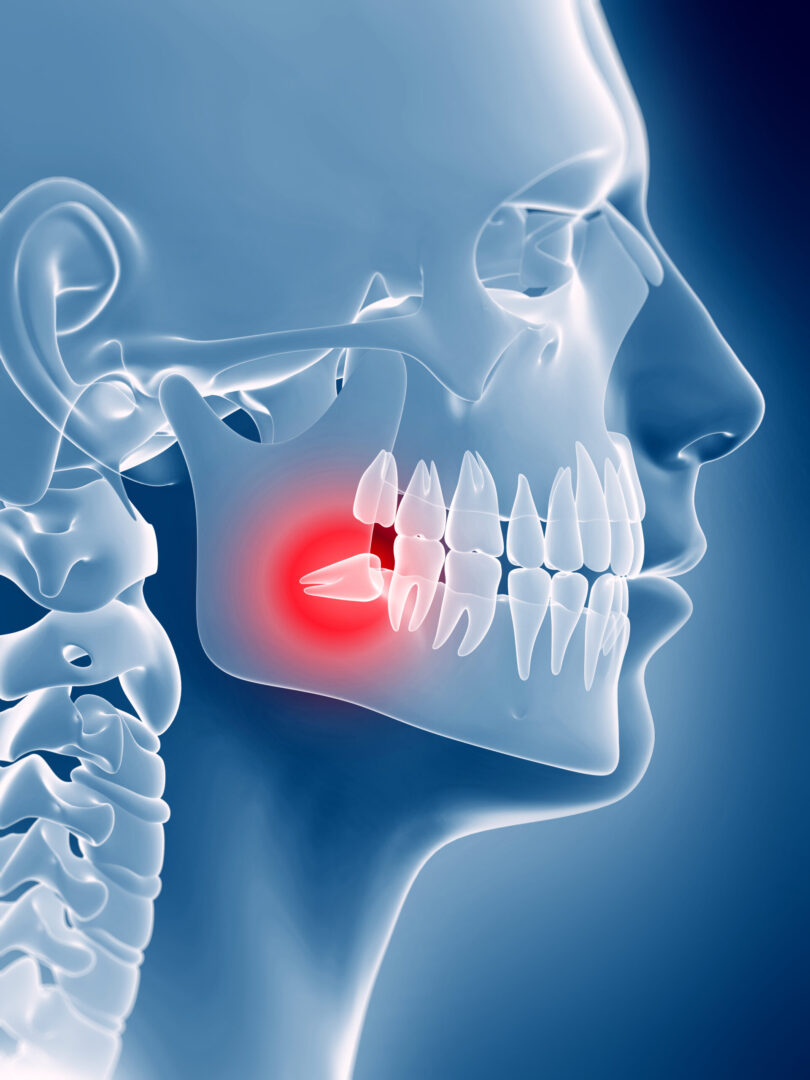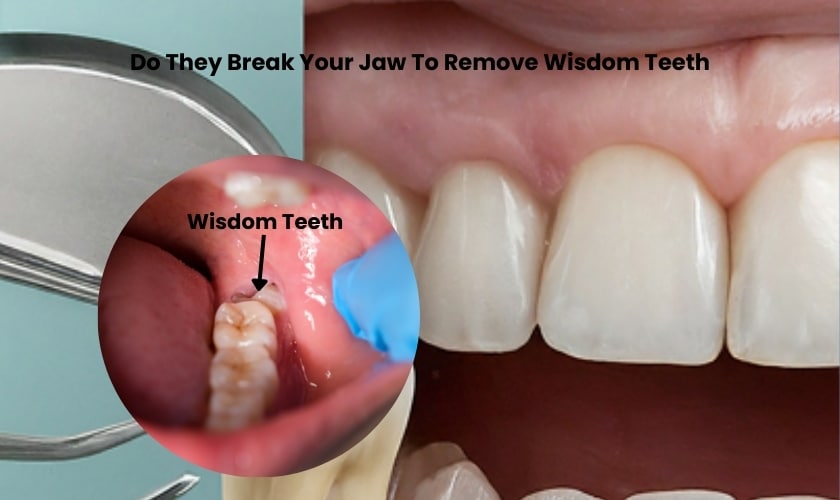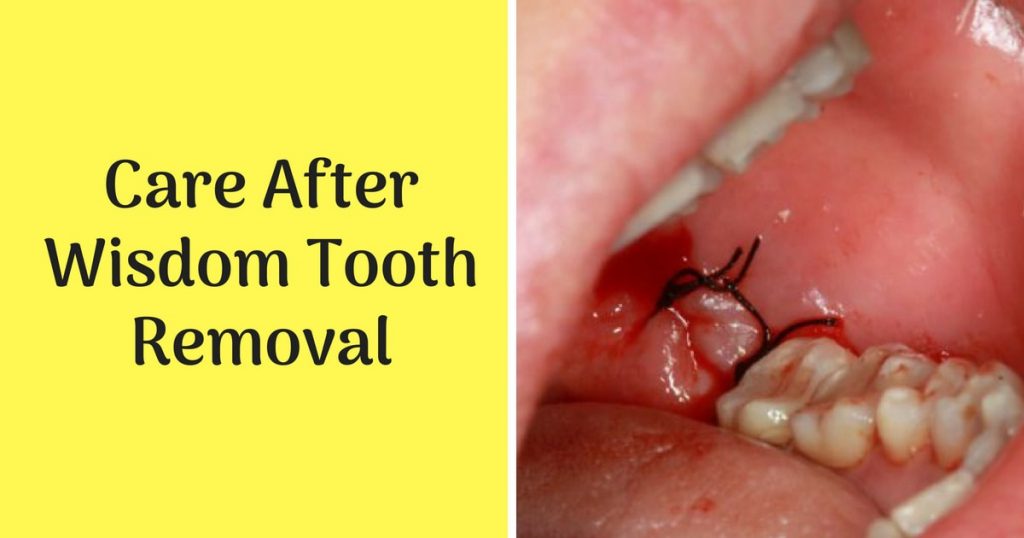The Advantages of Professional Wisdom Teeth Removal Aspendale for Your Oral Health
The Advantages of Professional Wisdom Teeth Removal Aspendale for Your Oral Health
Blog Article
Discovering Various Sedation Options for a Comfy Wisdom Teeth Removal Experience
When faced with the possibility of having actually wisdom teeth extracted, ensuring a pain-free and comfy experience is vital. Making use of sedation throughout such procedures has come to be progressively common to relieve stress and anxiety and discomfort. With a variety of sedation options available, from local anesthetic to general anesthesia, each technique supplies varying degrees of leisure and discomfort control. Recognizing the distinctions in between these alternatives and their viability for specific demands is important in ensuring a comfy and smooth wisdom teeth extraction procedure. wisdom teeth removal aspendale.
Neighborhood Anesthetic
Regional anesthesia is a generally utilized approach for numbing certain locations of the mouth throughout wisdom teeth extraction procedures. By administering an anesthetic, such as lidocaine, a dental practitioner can make certain that the client remains comfy and pain-free throughout the removal process. Neighborhood anesthetic works by briefly obstructing the nerves in the mouth, avoiding them from sending out pain signals to the mind. This permits the dental practitioner to perform the extraction without causing any discomfort to the client.
One of the primary benefits of neighborhood anesthetic is its targeted numbing effect, which means that only the details location being dealt with is influenced. This localized method decreases the danger of systemic adverse effects and allows for a quicker recuperation post-procedure. Furthermore, local anesthetic is taken into consideration to be a regular and risk-free practice in dental care, with minimal dangers entailed when administered by a skilled specialist.
Laughing Gas
Laughing gas, typically called giggling gas, is a kind of sedation typically utilized in dentistry to assist people unwind throughout oral treatments. It is a safe and effective method that includes breathing in a combination of laughing gas and oxygen via a mask placed over the nose. One of the essential advantages of laughing gas is its fast start of activity, usually within mins, providing nearly immediate leisure for the client. This sedation alternative permits the person to stay receptive and conscious throughout the procedure while feeling secure and comfy.
Once the mask is gotten rid of, the impacts of the gas use off quickly, enabling individuals to resume their normal activities without lingering sedative effects. Nitrous oxide is ideal for clients of all ages, making it a flexible sedation alternative for wisdom teeth removals and other oral procedures.
Oral Sedation
Dental sedation, a medicinal technique employed in dentistry, involves the administration of sedative medications by mouth to induce a loosened up state throughout dental treatments. The medications recommended for oral sedation belong to a course of drugs called benzodiazepines, which have sedative, anxiolytic, and amnesic properties.
Among the primary benefits of oral sedation is its ease of administration. Unlike intravenous sedation, dental sedation does not require needles or shots, making it a much more comfortable alternative for people with a concern check that of needles. Furthermore, dental sedation is taken into consideration effective and risk-free when provided by experienced dental professionals. However, it is important for people to follow pre-operative guidelines offered by their dentist, such as refraining from eating or consuming alcohol before the procedure to guarantee the sedative medicine works as intended.
IV Sedation
Carried out intravenously by qualified doctor, IV sedation is a powerful technique used to cause a controlled state of deep leisure and unfamiliarity during oral procedures. Unlike dental sedation, which can be unforeseeable in its effects, IV sedation allows for specific control over the level of sedation, making it a suitable option for complicated procedures like knowledge teeth extractions.
Throughout IV sedation, a sedative drug is supplied directly into the bloodstream via a capillary, permitting it to work swiftly and successfully. This technique ensures that the person continues to be comfortable and uninformed of the procedure while still preserving important features such as breathing and heart rate.
One of the main benefits of IV sedation is its ability to offer a much deeper degree of sedation compared to various other techniques, making it especially appropriate for individuals with high degrees of anxiety or those undertaking substantial dental work (wisdom teeth removal aspendale). Additionally, the effects of IV sedation usually disappear gradually after the treatment, lowering the likelihood of grogginess or remaining adverse effects. Overall, IV sedation supplies a efficient and secure choice for guaranteeing a comfortable and stress-free experience throughout wisdom teeth removal

General Anesthetic
Having discussed the benefits of IV sedation for wisdom teeth removal, the usage of basic anesthesia supplies an alternate option for people requiring a much deeper degree of unfamiliarity throughout oral treatments. General anesthesia induces a controlled state of unfamiliarity, ensuring the client feels no discomfort or discomfort throughout the removal procedure. This approach is particularly helpful for people with severe dental stress and anxiety, complex medical needs, or those undergoing numerous extractions all at once.
General anesthesia is provided by a qualified anesthesiologist that closely keeps track of the person's vital indications throughout the treatment. It includes making use of intravenous medicines or inhaled gases to cause a state of unfamiliarity. While under basic anesthetic, the patient will not be conscious of the surgical treatment, experience any kind of pain, or have any kind of recollection of the treatment later.
Although basic anesthetic is safe when carried out by qualified experts, it lugs a somewhat greater danger compared to various other sedation options - wisdom teeth removal aspendale. Patients thinking about basic anesthetic for knowledge teeth extraction should go over the potential dangers and benefits with their dentist or dental doctor to make an educated decision based on their specific needs and case history

Final Thought
In final check it out thought, numerous sedation alternatives are readily available to ensure a comfortable knowledge teeth removal experience. Neighborhood anesthetic is generally made use of for numbing the particular location, while laughing gas offers leisure and pain relief. Oral sedation More Help and IV sedation offer much deeper levels of leisure, depending upon the client's needs. General anesthetic can be used for a lot more complicated cases. It is important to seek advice from your dental expert or oral specialist to determine one of the most appropriate sedation choice for your treatment.
Nitrous oxide is appropriate for people of all ages, making it a versatile sedation choice for knowledge teeth removals and various other oral procedures.

Report this page